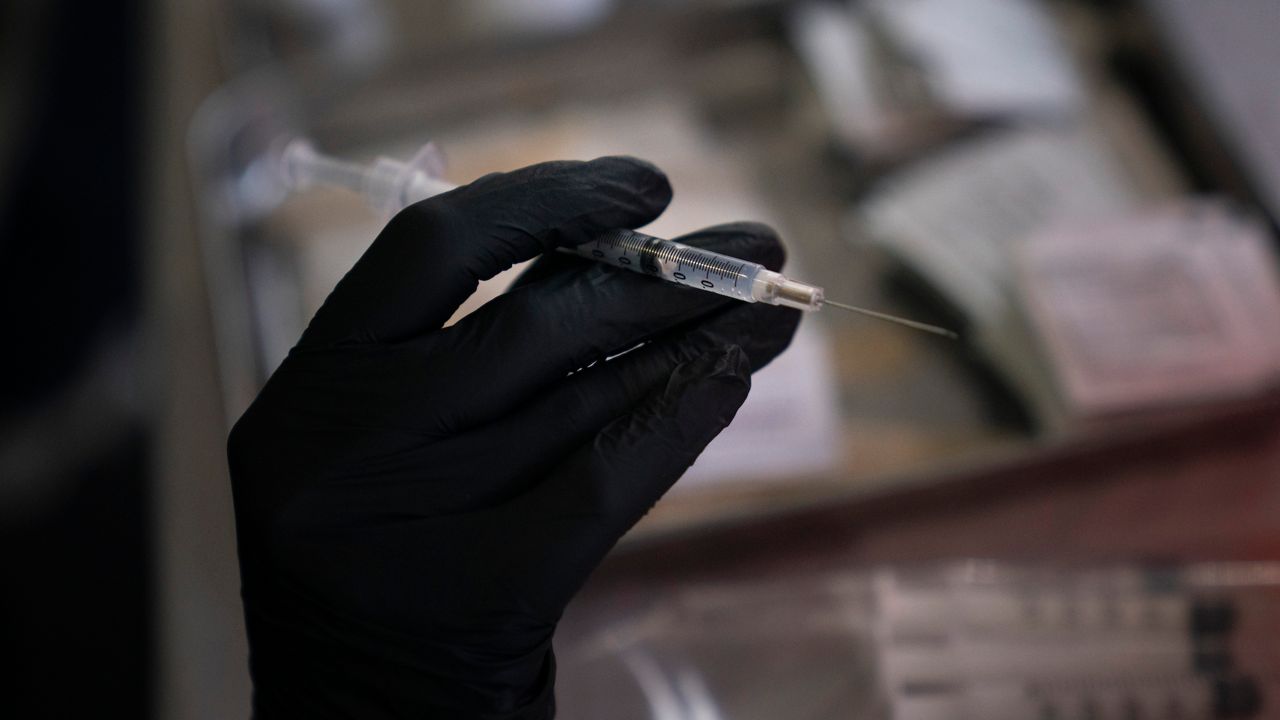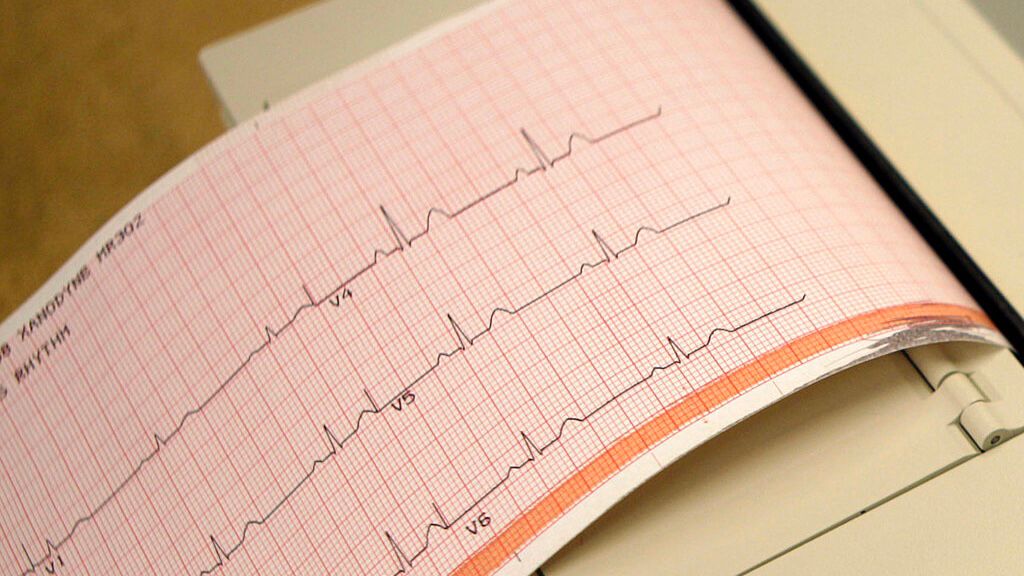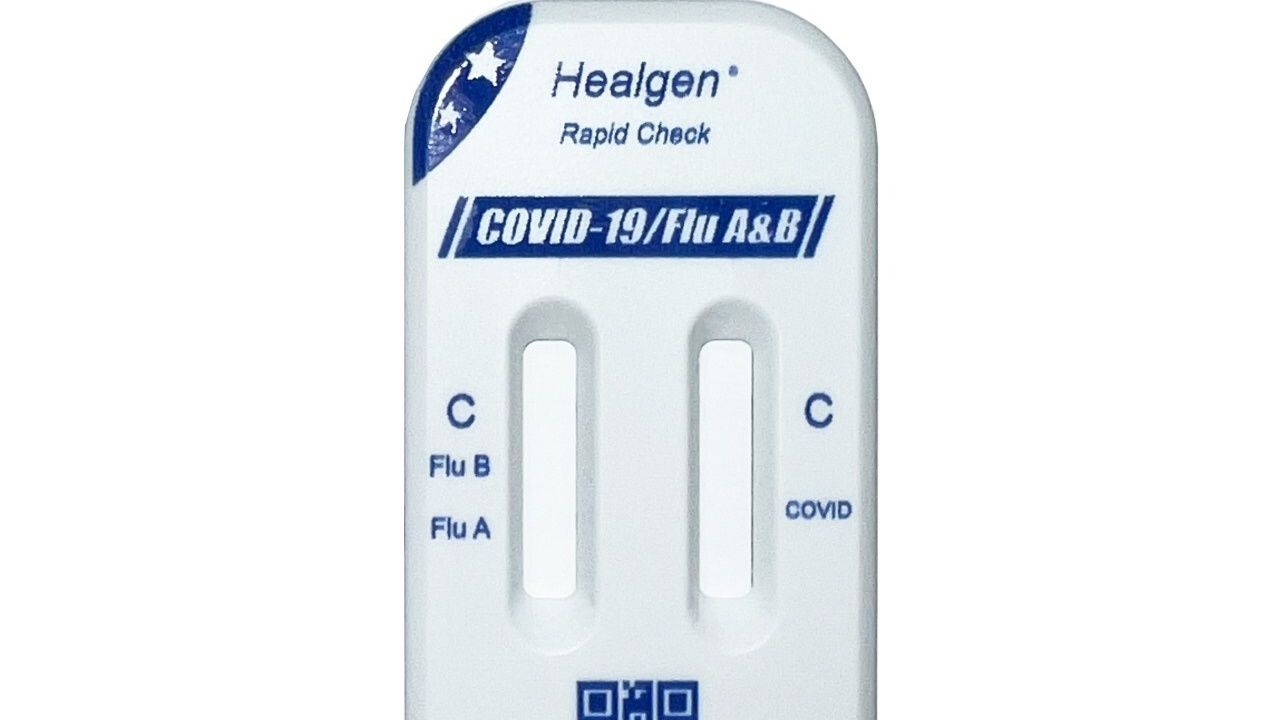CHARLOTTE, N.C. -- You may have noticed billboards and signs around town asking, “If you've recovered from coronavirus, to consider donating your plasma.”
That part of our blood has become key to helping those still fighting the virus to recover, as well as helping scientists learn more about COVID-19's inner workings. But some who have beat the virus are being restricted from donating because of their sexuality.
With the strain of this pandemic, the need for people to donate blood has skyrocketed, especially if people have recovered from the virus. But the FDA still asks that men who have had sex with another man to put off donating those life saving components.
“We're being told that this is a public health crisis and we all need to do our part to help society,” Lee Storrow says.
Billboards, like one along I-77 in Mecklenburg County, are popping up across the area asking people who have recovered from COVID-19 to donate their plasma. It can be life-saving for someone still fighting the virus. “It can potentially boost their immune system and help them recover,” explains Susan Forbes, vice-president of OneBlood.
However, a segment of American society hoping to help, is being turned away at blood donation centers. It's a personal experience Storrow has dealt with a lot in his professional capacity as executive director of the N.C. AIDS Action Network.
“I'm not eligible anymore and in all honesty, as someone who is HIV-negative, is on PREP, there is no scientific reason that I should have been eligible to donate in the spring of this year and this finding not eligible now,” Storrow says. “Gay men are basically being re-stigmatized and told they're dirty when they are rejected.”
Blood, plasma, and platelet donations from men who have sex with men has been a contentious issue for decades for the Food and Drug administration, which regulates donation centers like OneBlood.
“At one point, there was a lifetime deferral,” Forbes explained. “Any man who had sex with a man from 1977 going forward. But then in 2015, it was changed to a one year deferral policy.”
That “deferral” refers to the time they must wait to donate since their last sexual encounter. Forbes says this past April, under the daunting pressure brought on by the pandemic, the FDA revised that deferral down to three months.
But advocates like Storrow say the policy is wholly discriminatory. “We have medication that gay men can take that will all but eliminate the possibility that they might catch HIV.”
Forbes says that's why groups like OneBlood are part of some key studies on donations from men who have sex with men.
“To see if any additional changes could be made to the policy going forward that would be based on individual risk assessment, rather than a group as a whole,” Forbes adds.
It would potentially, she says, open up a greater pool of people who can help fight virulent viruses like COVID-19. “The need for convalescent plasma continues to increase because we've had a recent surge of cases throughout our service area over the past month or so,” Forbes says. “The more people that are able to donate, the better.”
The FDA says that three-month deferral will only last through the declared pandemic period.










